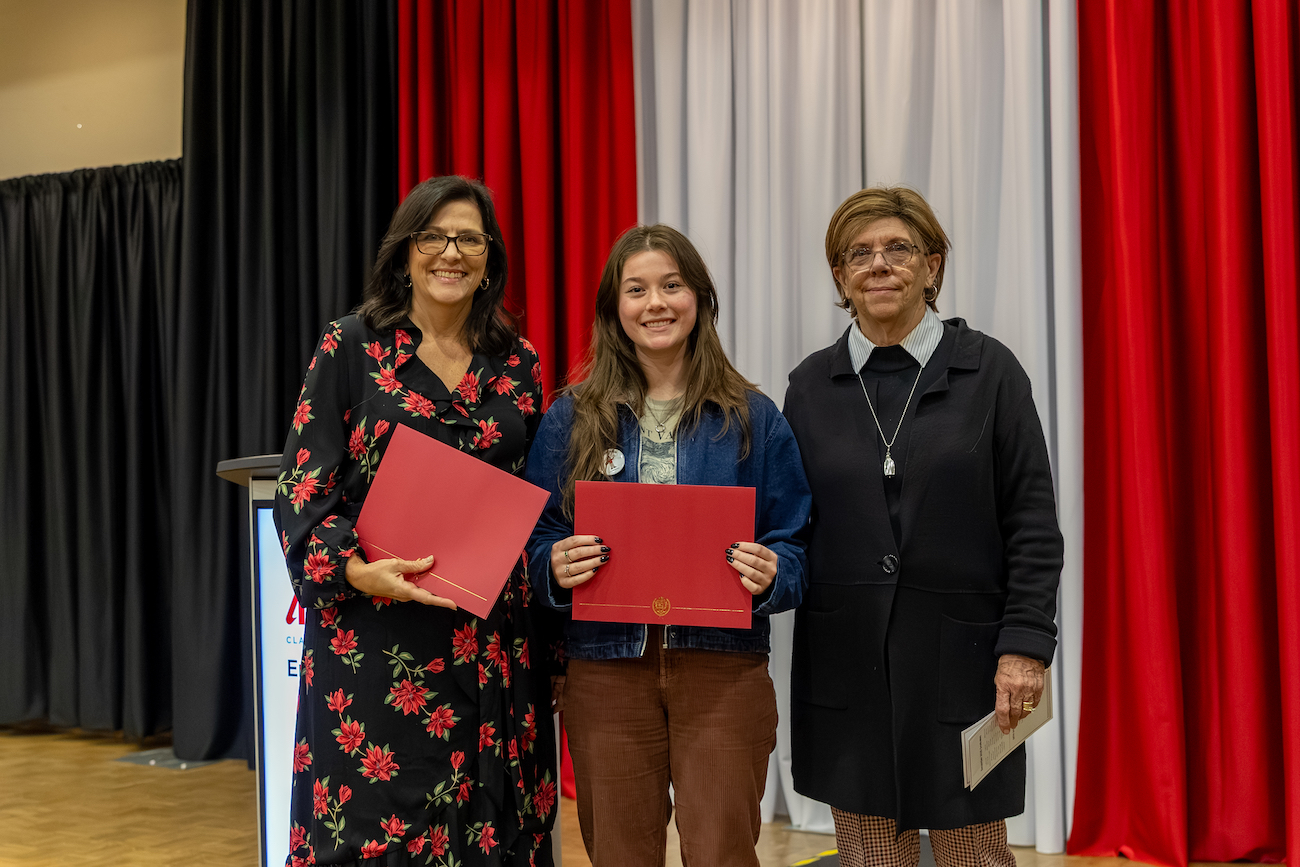APSU College of Business launches new hospitality management concentration for booming hotel/restaurant industry

CLARKSVILLE, Tenn. – Next time you’re passing through Clarksville or Nashville, look at all the hotels, restaurants and event spaces popping up, and you’ll see why tourism is now the No. 2 industry in Tennessee. According to the state’s Department of Tourism Development, “Tennessee Tourism generated $16.8 billion in domestic and international travel spending” in 2020.
In the next few years, that number will only continue to grow in Clarksville, with visitors heading to concerts or basketball games at the F&M Bank arena, eating dinner at Strawberry Alley or Shelby’s Trio, or staying the night at a new hotel and convention center. And then there’s Nashville with the Country Music Hall of Fame, the Predators and more restaurants than a person can visit in a year.
With all this continued growth, Austin Peay State University’s College of Business is making sure there’s local talent to lead the hospitality industry. That’s why the college is launching a new hospitality management concentration this fall as part of its Bachelor of Science in Management degree program.
"I think with the growth happening in downtown Clarksville right now, with the F&M Bank Arena, Shelby's Trio, the convention center proposed near Interstate 24, and with everything in Nashville there is a demand for future leaders in the industry,” Dr. Tim Self, APSU assistant professor of business, said. “I’ve talked to a number of business leaders in the region recently who are excited to have a hospitality program nearby.”
Before earning his Ph.D. in Hospitality and Tourism Management from Purdue University, Self worked in the restaurant and hotel industry and was a front office manager at Radisson Hotels in Shanghai, China. He arrived at Austin Peay in 2020, having previously worked in the Harrah College of Hospitality at the University of Nevada, Las Vegas, with the charge to grow Austin Peay’s hospitality program. At the time, that program was housed in the APSU Department of Leadership.
“In the process of realigning the curriculum, we realized that the hospitality concentration aligned well with the current structure of the management program housed within the College of Business,” Self said. “Both departments agreed, so we made the move.”
This fall, the APSU program will become one of the few hospitality programs in the state connected to a College of Business.
“We’re going to produce students with an expertise and knowledge for this growing field of industry here in Clarksville and nationally,” Self said. “These businesses are interested in having people who know Clarksville and Nashville with the expertise and knowledge to contribute.”
“The program examines the complexities that drive people to an establishment and also looks at how to consistently meet customers’ expectations,” Self said.
The concentration consists of six courses that deal with the principles of hospitality management, restaurant management, lodging management, marketing and tourism.
For information on the new concentration, email the APSU College of Business at cob@apsu.edu.
News Feed
View All News
Two hours after his interview with the Clarksville Police Department (CPD), Army veteran Dustin Zook had a job offer in hand--a swift result powered by the preparation he built through Austin Peay State University's Military-Affiliated Professionals Program (MAPP).
Read More
Graduating seniors from Austin Peay State University's Eriksson College of Education achieved the program's highest edTPA passing rate and scores since the university adopted the assessment in 2013, positioning these newly licensed teachers to succeed in Tennessee's classrooms.
Read More
Austin Peay State University Middle College students are leading campus-wide bird strike research through the Bird Alliance, documenting window collisions and contributing to ongoing conservation efforts that have significantly reduced bird deaths on campus.
Read More